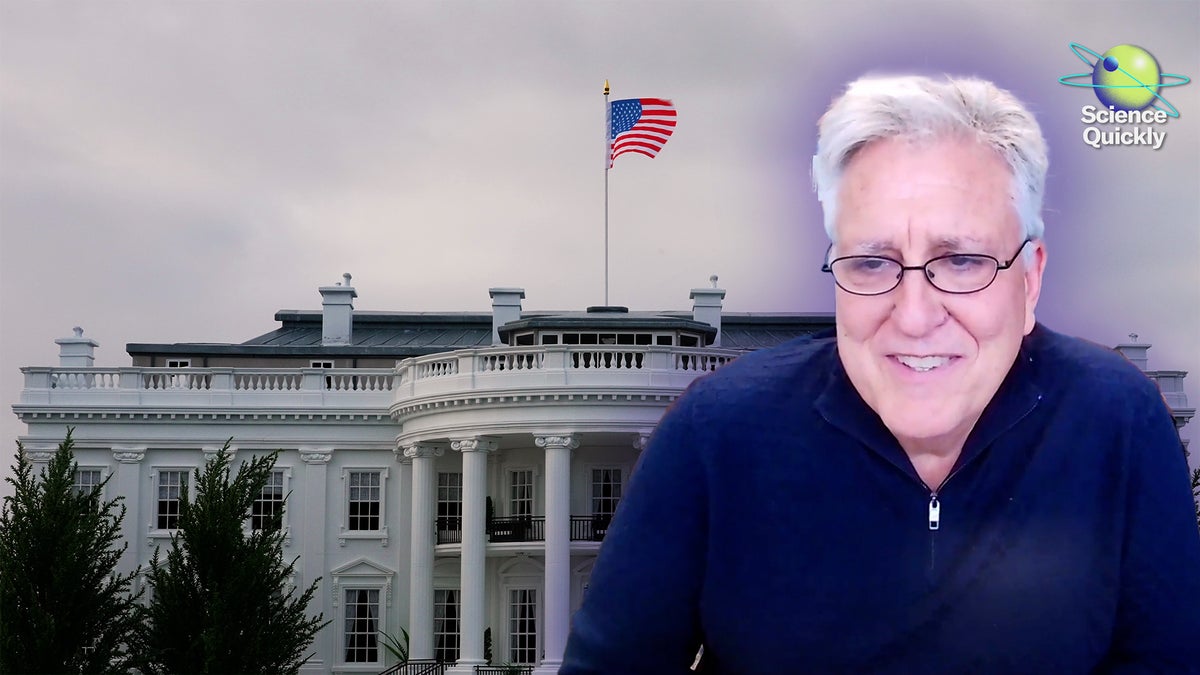
"Being a doctor is challenging enough, but imagine having a patient whose health has direct implications for national security and global politics. Presidential physicians face unique medical challenges, from preparing for gunshot wounds to managing the health care of someone with a grueling schedule. And then there's the question of transparency: How much should the public know about a president's health?"
"Jeffrey Kuhlman served as physician to the president from 2009 to 2013. He also held other medical roles at the White House, like Director of the White House Medical Unit, White House Physician and Senior Medical Officer for the Marine One squadron, for more than a decade before that. His recent book Transforming Presidential Healthcare offers a rare inside look at what it takes to keep commanders in chief healthy."
Presidential healthcare demands specialized medical readiness, constant monitoring, and rapid response capabilities because a president's health affects national security and global politics. Presidential physicians prepare for rare emergencies such as gunshot wounds and provide care tailored to intense travel and work schedules. The White House Medical Unit coordinates on-site care, transports medical teams on Marine One, and plans for continuity during crises. Transparency about a president's health must be balanced against privacy, operational security, and public trust. Career paths often begin with formative experiences in trauma and emergency care and progress through military or White House medical service roles.
Read at www.scientificamerican.com
Unable to calculate read time
Collection
[
|
...
]